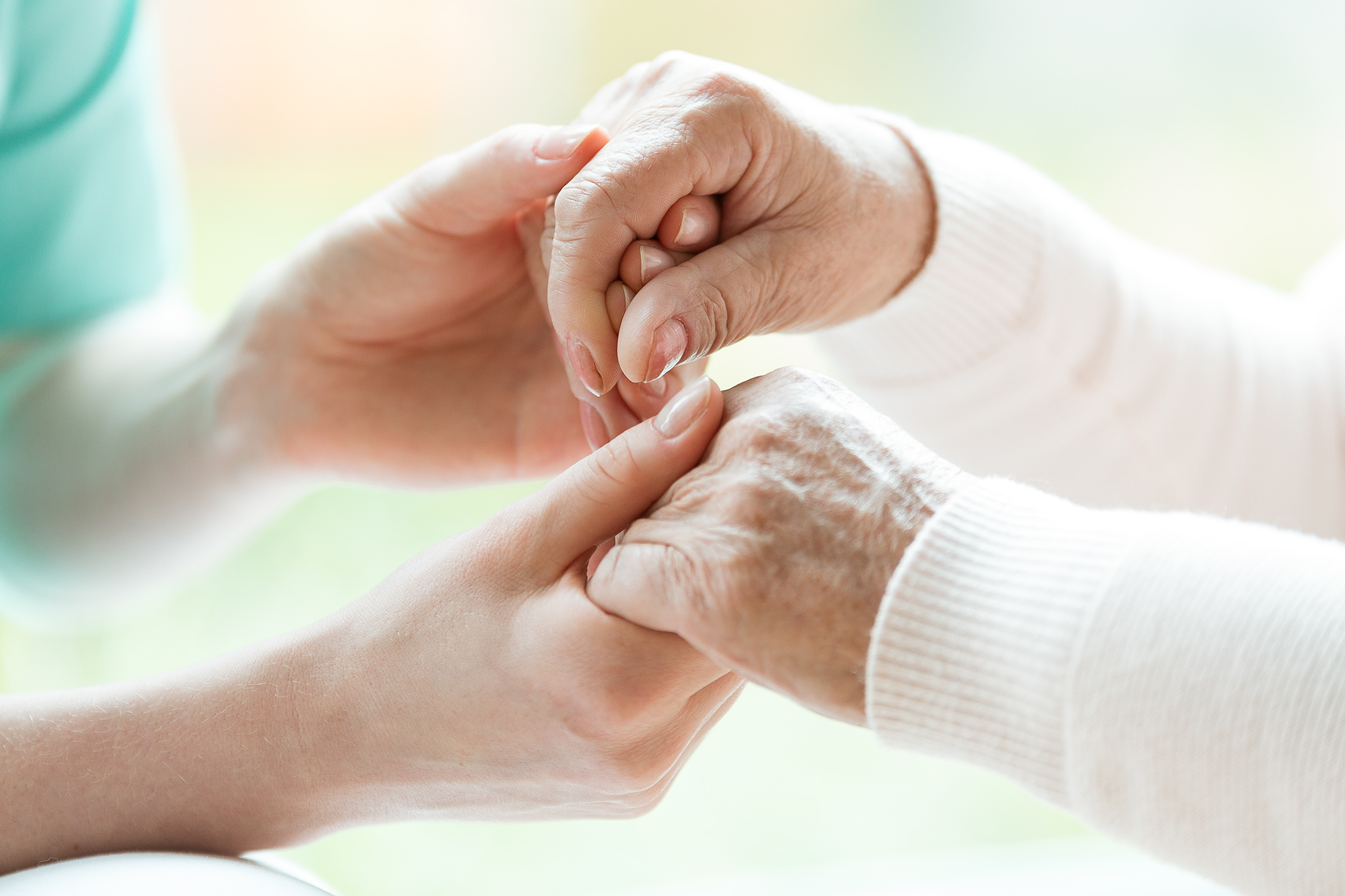What is oncology?
Hearing that you or someone you care about may have cancer can be an overwhelming and even scary experience. Part of those feelings may be related to the new and unfamiliar medical terms that get used a lot, which can sometimes be confusing. We'd like to help simplify oncology and provide you with clear definitions of a few of the key terms used when talking about cancer.
What is oncology?
Oncology describes the field of medicine that covers the diagnosis and treatment of cancer. This includes the medical care of people from the time cancer is suspected through diagnosis and treatment and during follow-up after the end of treatment.1–3
But what about the terms cancer and tumour – is there a difference between oncology, cancer, and tumour?
Cancer is the term used to describe the group of diseases where abnormal cells grow uncontrolled and spread throughout the body. Different types of cancer are given specific names based on what tissue the cancer starts in:1
- Carcinomas start in the skin or in tissues that line or cover the body’s internal organs
- Sarcomas start in bone, cartilage, muscle, fat, blood vessels, or other connective or supportive tissues
- Leukaemia starts in blood-forming tissue (e.g., bone marrow)
- Lymphoma or myeloma start in immune system cells
- Central nervous system cancers start in brain or spinal cord tissues
While cancer describes the disease itself, the word tumour is used to describe a tissue mass or lump that forms when abnormal cells build up. Tumours are not always cancer though – some types of tumours are considered benign and typically don’t spread into nearby tissues or throughout the body. Tumours that are cancer are called malignant tumours and can spread into nearby tissues and throughout the body.1
What are the different types of oncology?
The field of oncology is divided into three main subtypes based on how the cancer is treated. Medical oncology covers treatments that use medications or drugs, including chemotherapy, immunotherapy, and hormone therapy. Radiation oncology uses radiation therapy to treat cancers, and surgical oncology uses surgery or other procedures to remove or treat cancer.1,2
Oncology also covers preventative medicine and palliative medicine, which are areas of medical care that help people who may be at risk for developing cancer and those who need care during their life-limiting illness, particularly at end of life.1,2
What is an oncologist?
Given that oncology is the medical specialty for diagnosing and treating cancer, then it’s easy to see that an oncologist is a doctor who has specialised training in diagnosing and treating cancer. An oncologist has usually completed at least 5 years of additional specialist training after first becoming a doctor. Many oncologists take part in cancer research and education as well as taking care of patients.1–3
Within oncology, oncologists often become further specialised. Some specialise in using a particular type of cancer treatment and become medical oncologists, radiation oncologists, or surgical oncologists.2,3
Some oncologists focus on particular areas of the body; for example, colorectal oncologists manage people with certain types of bowel cancer and gynaecological oncologists who manage women with cancers affecting their reproductive system. Other oncologists work on specific types of cancer, such as those who manage patients with breast cancer, skin cancer, or blood cancers.3
Finally, some oncologists mainly manage children who have cancer – often called paediatric oncologists. Others may only see adult patients, and some may work with both children and adults.3
What does an oncologist do?
An oncologist sees patients who have cancer, or who have signs and symptoms that may indicate cancer. The oncologist may perform examinations and tests to determine whether cancer is present and find out more about the type, location, size, and potential spread of cancer.2,3 Once a patient has been diagnosed with cancer, the oncologist works with the patient and a multidisciplinary healthcare team to develop and deliver a treatment plan for the patient. An oncologist will monitor how their patients respond to treatment and follow-up on their outcomes once treatment has finished2,3
- NIH National Cancer Institute. Dictionary of Cancer Terms. Available: https://www.cancer.gov/publications/dictionaries/cancer-terms (accessed July 2023).
- Cancer Council. Oncology. Available: https://www.cancer.org.au/cancer-information/oncology (accessed July 2023).
- Healthdirect. The role of an oncologist. Available: https://www.healthdirect.gov.au/oncologist (accessed July 2023).



